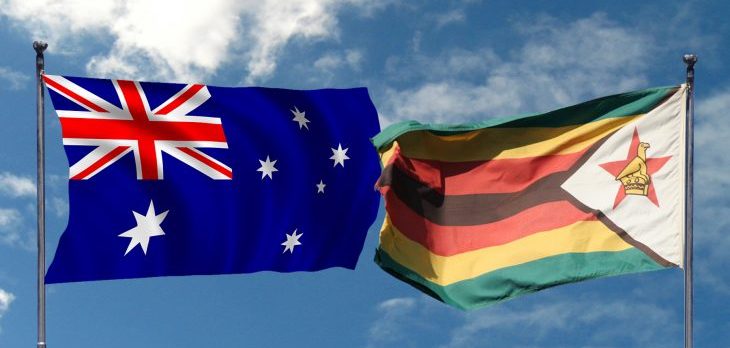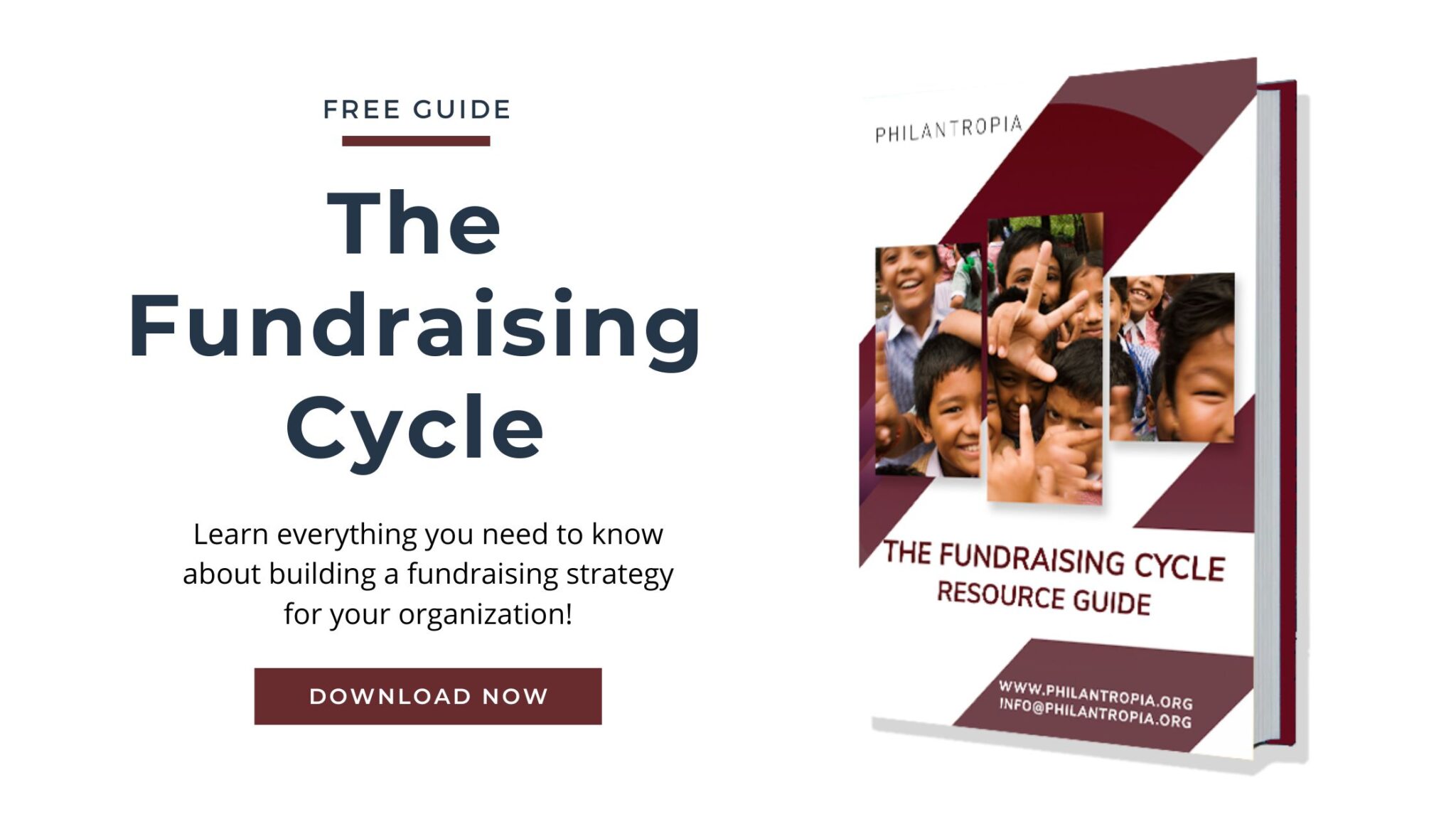The Direct Aid Program of the Australian Embassy is a program of the Australian Government to directly support projects in developing countries through their embassies. Within the program, local NGOs with strong ties to the communities are supported in the areas where the Australian Government works in the specific country. Right now, the Direct Aid Program for Zimbabwe, Zambia, Malawi, the Democratic Republic of Congo and Republic of Congo is open for applications until the 15th of September 2018.
Who can apply for what?
The program is available on a not-for-profit basis to individuals, community groups, NGOs and other entities engaged in development activities. The maximum amount of money an NGO can receive over the lifespan of a project is 60,000 Australian Dollars (approximately USD 45,000).
In Zimbabwe, Zambia, Malawi, the Democratic Republic of Congo and Republic of Congo, the Direct Aid Program funds projects in the following areas:
- community and/or rural development
- education
- gender equality
- disabilities
- youth
- human rights
- the environment
- small-scale infrastructure
- economic empowerment
- ad hoc humanitarian relief
- sporting activities with a development focus
How does the application process work?
To apply for funding within the Direct Aid Program, you need to pass a two-phased application process. In the first phase, you need to give a description of the project and your NGO until the 15th of September 2018. If your project is shortlisted, you will be notified and might have to submit further information.
The proposal has to be submitted through a homepage called Smarty Grants. Make sure you have a good internet connection when you want to apply so all the information can be transmitted.
All application must have a complete budget! It must be supported by two quotations for any budget line between US$ 700 and US$ 7000 and three quotations for amounts above US$ 7000.
If your project works with children, you need to have child protection guidelines in place and you have to submit a digital copy of them during the application process.
Public outreach is very important for the Australian Embassy, so you should make sure to include a modest amount for marketing of their contribution in your budget.
You also need two recommendations of people from outside your organization that can vouch for your work ethics and the experiences you already have.
The online form covers the usual parts of a proposal (background, justification, project description, expected outcomes, risks, budget, beneficiaries etc.), so you should have all this information at hand. You can save the form at any point of the process, so don´t rush.
While you should, of course, submit all necessary information, you should also try to keep it as brief as possible. When things are not clear, pictures can often help to explain the situation.
What does the Australian Embassy want to see in your application?
Even though the maximum amount you can apply for is AU$ 60,000, projects that apply for AU$ 20,000 – 40,000 have the best chances to be chosen. Also, projects with a high co-payment by the NGO and the beneficiaries will be favored.
The Australian Embassy also would like to see projects that
- enhance educational and cultural exchanges and people-to-people links,
- are achievable and have sustainable outcomes
- provide educational or occupational skills and training if this applies to the specific circumstances.
The projects will be evaluated based on the following aspects:
- the costs and the development benefits of the proposal
- achievable and sustainable outcomes
- soundness of the project’s objectives and design (including the budget)
- the practicability of the proposed implementation arrangements, and
- whether the project conforms with the objectives of the Direct Aid Program
You can find the online application form here.
Best of luck with your proposal!




